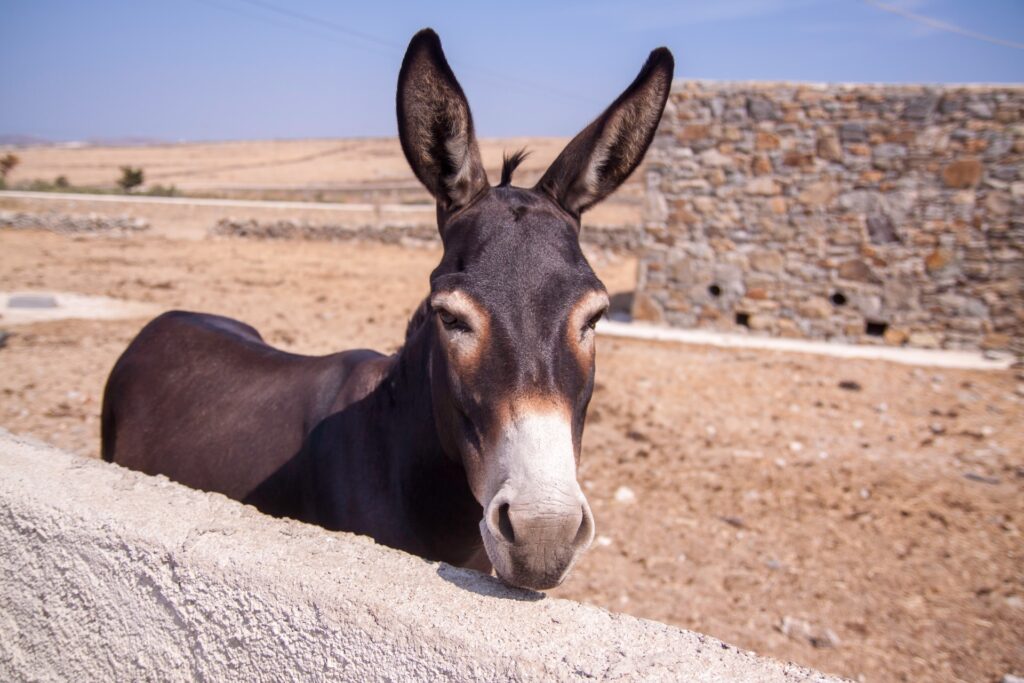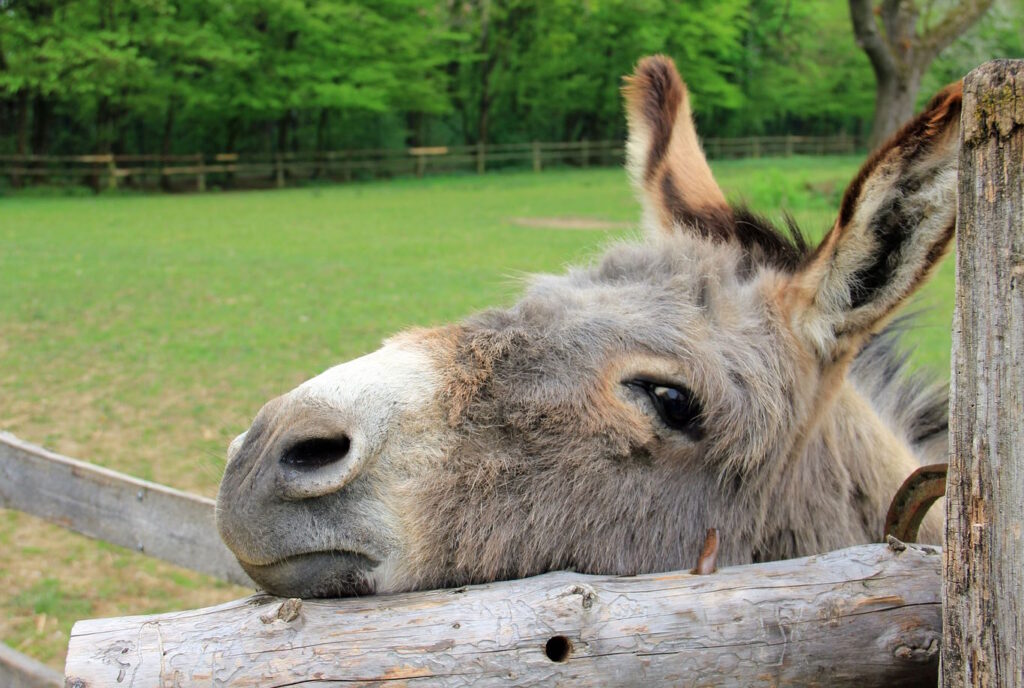August 21, 2023
When My First Book Was Rejected
Recently, searching through boxes containing ancient paperwork, I found the manuscript of my very first novel! Unsurprisingly, it was also my first book to be rejected.
Though this was ages ago – we’re talking late 90s – I still remember plenty of things about that experience. Perhaps some factual details are a bit different (memory is a tricky thing when it comes to that), but I certainly remember the “how it felt” part very well. In any case, I certainly don’t intend to read such a super-cringe old thing.
So join me in this hilarious trip of recollection, where the road to literary hell was paved with good intentions, and let’s make fun of my naïveté!

Some (sorta) Factual Details of a Book Rightfully Rejected
There are things I remember and things I don’t when it comes to the factual side of things. Of the things I remember, some I remember reasonably well, others not at all.
Interestingly, I remember the factual details surrounding the rejection more clearly than the book itself. This isn’t very surprising; the novel itself was ludicrous. On the other hand, the emotional aftershocks of your first book being rejected stay with you – indeed, thankfully.
With this in mind, I remember the book was some sort of supernatural fantasy, though not in a genre-consistent way. That is to say, you just couldn’t categorize it together with other books. As a stupid young writer, back then I thought plot was all that mattered. This led me to write a meandering, cliffhanger-in-every-chapter sort of narrative, where things just happened to characters rather than because of them.
From the little I remember, the novel mixed government conspiracies, global wars, supernatural entities, other dimensions, you name it! I don’t even remember how it ended and overall much of how it progressed.
But I remember how I felt about it back then – and let’s laugh freely at my youthful ignorance: I felt it was immensely original, unlike anything I’d ever read, guaranteed to be coveted by literary agents and publishers.
Book Rejected? Impossible!
Here’s a funny little detail: My book was rejected three times. And I don’t mean that three publishers separately rejected it. Rather, that my book was rejected in three different processes.
Allow me to explain the hilarious details.
Rejection 1
A family friend who heard I had written a book, offered to have one of his friends, who was a literary critic, to take a look at my manuscript and tell me his opinion. I eagerly accepted, and I recall thinking – though I have no idea why I did – this would help me get my foot in the proverbial door of the writing industry.
What actually happened was that I got a virtual kick in the proverbials.
I remember having agreed with that critic that I’d give him a call on a particular day, at a particular time. Remember, we’re in late 90s – many people still didn’t use email. I decided to call from a payphone, and I chose one by the beach – I have no idea why.
I called, and I recall feeling a sense of intense disbelief as the man – politely but unable to camouflage his patronizing tone – slaughtered my book. Obviously, he couldn’t do anything else; it was shit. Still, I lost the ground beneath my feet. In the end, he told me I should keep trying, and we ended the call.
Rejection 2
I don’t recall how exactly or how long it took (probably weeks, at most), but I went through a process of self-deception to avoid the associated cognitive dissonance. I mean, this was the bestest (sic) book ever written, right? Right?
So I remember eventually dismissing the critic, coming up with all sorts of fanciful excuses confirming my thinking the book shouldn’t have been rejected so easily. I typed another manuscript – on a typewriter, I didn’t have a printer at that time! – with some very minor corrections, and picked a publisher I thought would absolutely love that book.
Off I went, old-school marching into the publisher’s offices, my manuscript under my armpit, asking to see the person responsible for submitting a novel. I’m not joking, none of these details is remotely exaggerated.
They sent me to an office, where two old guys were sipping coffee, chatting and laughing. Nervous but determined to fake-it-till-I-make-it, I explained the situation. One of them took the manuscript and was immediately taken aback realizing I’d used a typewriter.
“Do you think we can scan it?” he asked the other guy, who didn’t even bother seeing it before shaking his head.
Rejection #2.
Trifecta of Rejection
The problem was, the book hadn’t been rejected officially. So off I went again, bought a printer, typed the book again, this time on the computer, and printed it. A third time I marched into the publisher’s, asking to see the same person I’d seen a few weeks earlier.
This time, the secretary didn’t allow me to simply walk in there. She just asked me to fill out a submission form which she then put into a folder together with the manuscript. She put the folder into a drawer, thanked me, and said they’d let me know.
The suspense was killing me for the (mercifully) only two weeks it took them to politely call and say it’s not for them. That they even bothered to call is surprising, frankly. Different times…

What Followed my First Book’s Rejection
I don’t recall how long it took me to write again, but eventually I did. Now I had a printer, so I gave up on the typewriter and began using the computer. I submitted one more book as a physical manuscript (also rejected), then the next one I submitted online (ditto). This was in early 2002.
Soon later, in late 2002, I moved to Finland and my life situation changed drastically. I did begin writing a new book which would end up being the first and last book I’d publish traditionally.
The rest is, as they say, history. I became so disgusted by the very thing I wanted, that I didn’t write fiction for many years. I did study literature at the university, however, all the way to a doctoral degree. Somewhere along the way, I began writing fiction again.
Having a book rejected isn’t the end of the world. Failure comes in many hues, and the only way to become better is to first see what doesn’t work. It’s annoying, frustrating, and soul-crushing, but – what can I say – life is necessarily flawed.

Incredible donkey selection Chris.
Thank you for sharing your experience.
I tried to pick donkeys whose expression matched my own at the time 😀
Thanks for your comment!
Somewhere in the same timeframe I submitted my first completed book, a mystery based in the physics and grad school milieu I had lived in, to the same process. I lost, too. Except it took a lot longer, and most of it was by computer. I think it needed some work – pacing, getting the story going in the beginning – may reread it at some time. The characters were reasonably solid, and I left some good material on the pages.
I had some of the good handwritten rejections – ‘try us with the next one’ – wandered off to continue the series with the same characters while learning, and got hit in 2000 by what I’m still writing.
I don’t think there are many new writers whose maiden efforts are publishable, and, if so, it’s because they went through something like an MFA program, and the work got a lot of help; many of those lose it on the sophomore slump because the author can repeat the original circumstances – and doesn’t have enough time (I’ve read their articles in magazines as to ‘what happened’ – and this was in the days when that big advance was enough to live on if you could actually write a book in a year of so.
It’s part of the rite of passage. Maybe we could have started by having magazine rejections from writing short stories, and learned our necessary skills that way. But I was young, and wanted to start a mystery series, and…
It hurt at the time, soured me on traditional publishing, and is far in the past. 1990s.
They didn’t get PURGATORY, but it took me until 2015 to do it myself. Oh, well!
The writing and publishing landscape has changed dramatically in the past 25 years (well, what hasn’t, really?) in the sense that in the 90s things were still old-school. If a few publishers and agents rejected you, there wasn’t much you could do. Perhaps one could still try self-publishing, but it was a far different thing then that it is now.
All this changed with Amazon KDP. As I explain in this post:
This is both good and bad. Obviously, it has allowed quality writers that aren’t marketable (or don’t know how to market) to find an audience, albeit small. It has also, however, allowed people who shouldn’t, under penalty of death, be allowed near a word processor, to perpetuate mediocre writing and – gasp! – inevitably find an audience, thus polluting with even more garbage the already noisy literary (I use the word liberally) landscape.
I mean, I recently found out there is such a thing called Dinosaur Erotica (wikipedia page; no worries 😀 ) with such literary masterpieces as Taken by the T-Rex, Ravished by Triceratops and A Billionaire Dinosaur Forced Me Gay. Yeah, OK, I know they’re supposed to be made for laughs, but come on… And then people wonder why aliens haven’t contacted us yet! Probably they’re afraid they’ll end up in our porn. Oh wait…
This must be the most honest and sincere post about literary rejections I’ve ever read. There’s no moral lesson at the end, no encouragement to keep trying to publish after hundreds of rejections, no victory story. On the one hand, because Chris Angelis is the writer he is, he has established himself in my memory as the best novelist of 2021 with The Perfect Gray and the best short story writer of 2023 with A Summer Evening in Another World. In other words, there’s no moral of the story to prove when one writes well, because the writing stands on its own, stands on its own merits.
And yet, literature can end. It is thought that it is an institution (a thought greatly influenced by the retroactive absorption that literature has made of poetry), that is, that it is outside of history and will survive time, but this is false. Every writer could not have written and can stop writing at any time before death. And books may disappear. Or people become too stupid to read anything that remotely deserves to be called literature. Let’s hope for death, for the fate of illiteracy has already graced us its feats.
You’re making two very important points, both of which are very often disregarded: i) being persistent doesn’t guarantee shit; ii) literature can, indeed, end.
I wrote Illiterary Fiction as a novel describing such a society, thinking it described a near future but a future still. I must say, it more and more looks like a future we’re already transitioning to…